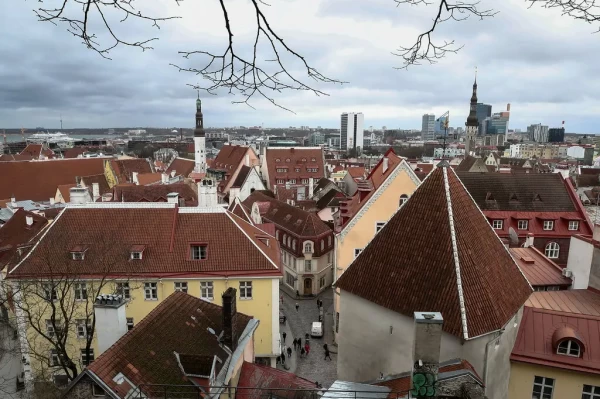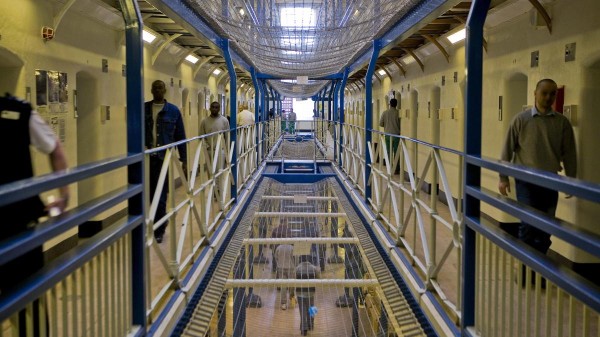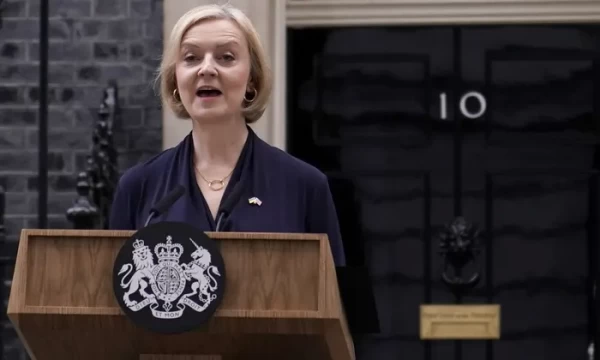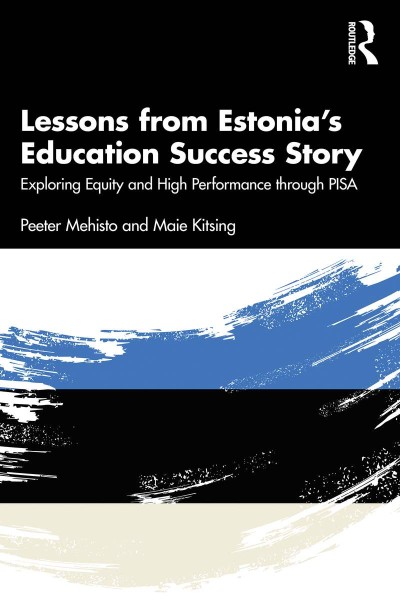By Stephen Castle
At first Vicky Brock struggled to place Estonia on the map. And when she flew to the Baltic nation last December, she took just hand luggage, assuming it would be a short trip.
Eleven months later Ms. Brock, a British technology entrepreneur, is still there, living and working as what she calls a “Brexit refugee.”
Ms. Brock split her Scotland-based start-up and set up half of it to operate in Estonia, a country of 1.3 million people that is welcoming companies looking to escape the tangle of regulations and financial obstacles that Brexit imposes on British firms doing business in Europe.
Several thousand other company leaders have done the same, some physically moving like Ms. Brock but most staying in Britain while shifting their business registration to Estonia. By doing so, they can take advantage of the country’s membership in the European Union and therefore gain something Britain has lost: free access to the bloc’s giant single market of more than 400 million people.
Their departure is a stark example of one of the negative impacts of Brexit, which critics say ties up exporters with mountains of new paperwork, imposes new restrictions on trade and limits their ability to recruit workers from abroad.
For Estonia, the influx of British businesses, especially technology firms, has contributed to a big jump in tax revenues and reinforced the country’s reputation as a hub of innovation.
The situation is a striking turnaround for a country that, like other Baltic States, suffered an exodus of some of its brightest young workers after 2004, when joining the European Union gave its citizens the right to live and work in Britain, then a member country.
Now the brain drain is in the other direction.
Ms. Brock’s technology company, Vistalworks, which combats online illegal trade, was founded in 2019, three years after Britain’s Brexit referendum. She knew that new Brexit-imposed trade and non-tariff barriers could impede her ability to do business in continental Europe, particularly if the rules on data transfers — vital to her company — were altered.
Then British firms started being frozen out of European research projects and public procurement contracts. So Ms. Brock went “shopping for countries” in which to base her company, prioritizing rule of law, anti-corruption efforts, financial transparency and low taxes
“I didn’t really know where Estonia was but it shone out on all of those lists,” said Ms Brock, speaking on a video call from a shared work space in her adopted home, Tallinn, the Estonian capital.
She said she plans to hire up to 30 staff members in the next nine months. Eventually, around two-thirds of Vistalworks will be based in Estonia, and those workers will pay income and payroll taxes there, not in Britain. Corporate tax on the European company will be levied in Estonia too.
At the end of 2020 Ms. Brock and her business partner and husband, Stephen Budd, headed to Estonia before a Brexit-related deadline to request residency rights in the Baltic country. They took only hand luggage, expecting a speedy return to Scotland and then a period of reflection on where to live and how to proceed with their business. That plan was upended by coronavirus travel restrictions, forcing them into a choice.
“We are learning Estonian and managing both the U.K. team and the growing E.U. team from here,” she said.
Estonia is only one of a number of countries that offer such opportunities for so-called “digital nomads” who do not need to live in the country. But more than 4,000 British firms have seen the benefit, helping to swell Estonian tax revenues by 60 percent compared to 2020, according to comments by the country’s prime minister, Kaja Kallas, in an interview with the British business newspaper City AM. She estimated the tax gain at 51 million euros.
Estonia has received applications for e-Residency, as it is known, from 176 countries, with Britain ranking fourth in the list of non-European Union nations after Russia, Ukraine and China. Being given e-Residency does not grant you citizenship, tax residency or entry into Estonia or the rest of the European Union.
However it does come with the advantage of a 20 percent tax rate for both income tax and corporate tax. The latter is levied only when profits are distributed (rather than when they are earned), allowing firms to grow with a low tax burden. In Britain the income tax rate for top earners is 40 percent on much of their earnings and, for the very highest paid, it rises above that.
E-residency “clearly increased after Brexit, even before actually, even when the vote happened, we saw a spike,” Ms. Kallas told City AM.
https://www.nytimes.com/2021/1...
Brain Drain From Britain Delivers Financial Boon to Estonia - NYT
Eestlased Inglismaal | 10 Nov 2021 | EWR
Eestlased Inglismaal
TRENDING



























